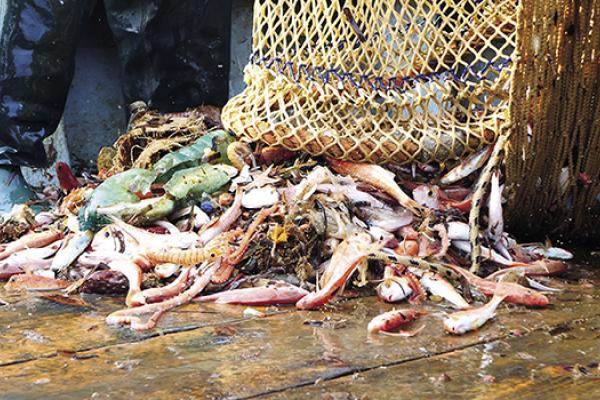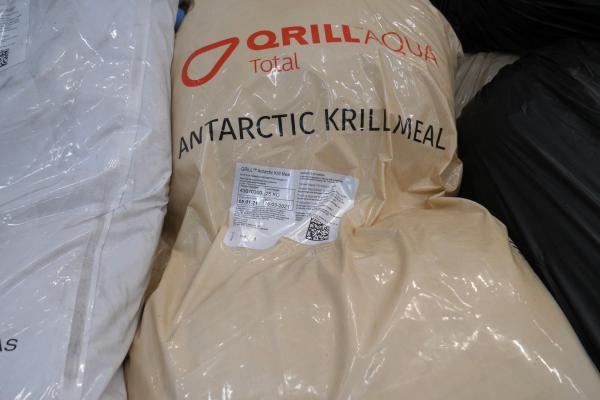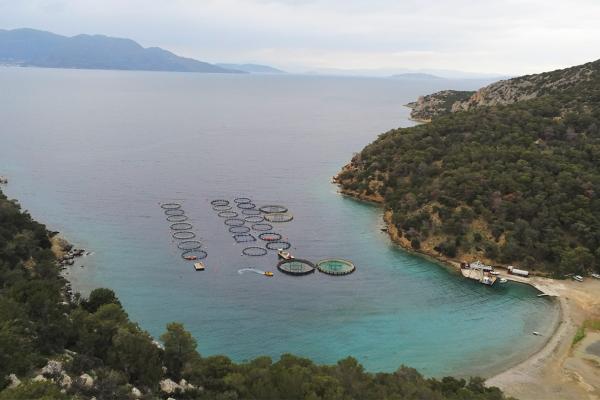Francesco De Augustinis is an Italian freelance journalist and documentary filmmaker with ten years' experience reporting on food and environmental issues.
Based in Italy, he works with various media outlets in Italy and abroad. In 2019, he founded One Earth, an independent journalistic project focusing on food production, the environment, and public health.
As a filmmaker, he directed the documentary Deforestation Made in Italy (Italy, 2019, 72') in 2019, and the award-winning feature documentary One Earth - Everything is Connected (Italy 2021, 93') in 2021.



